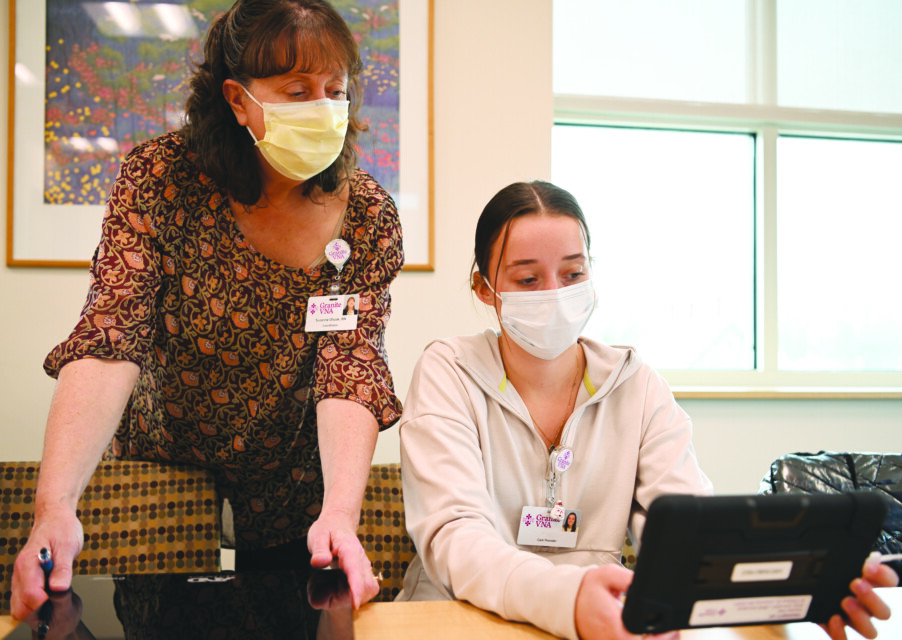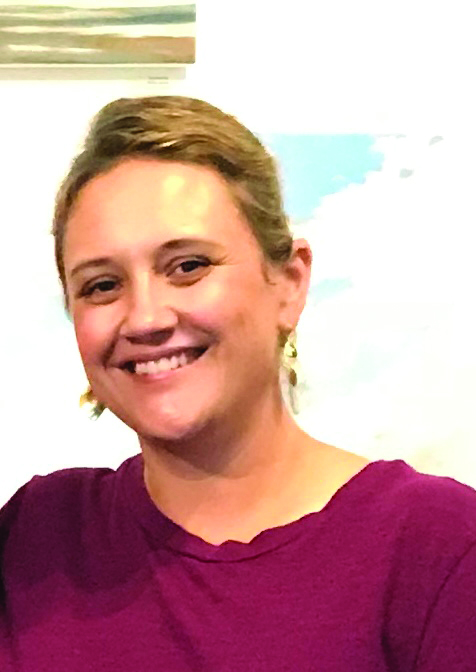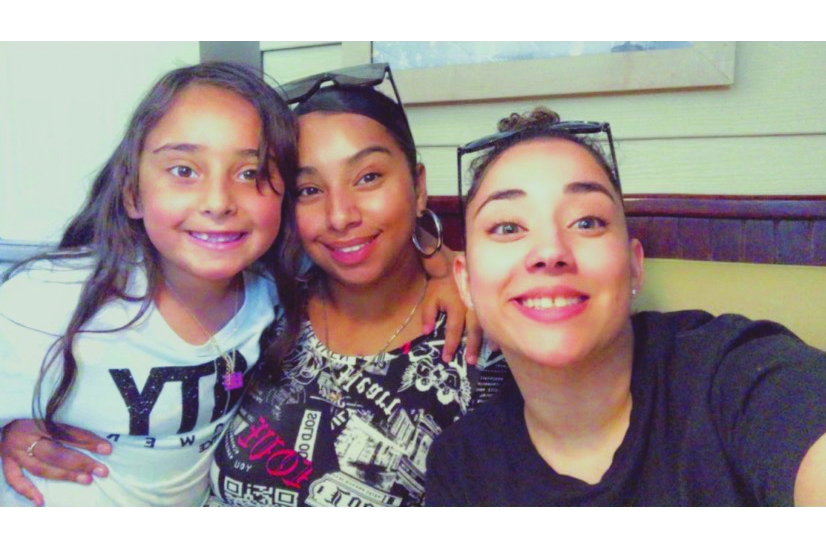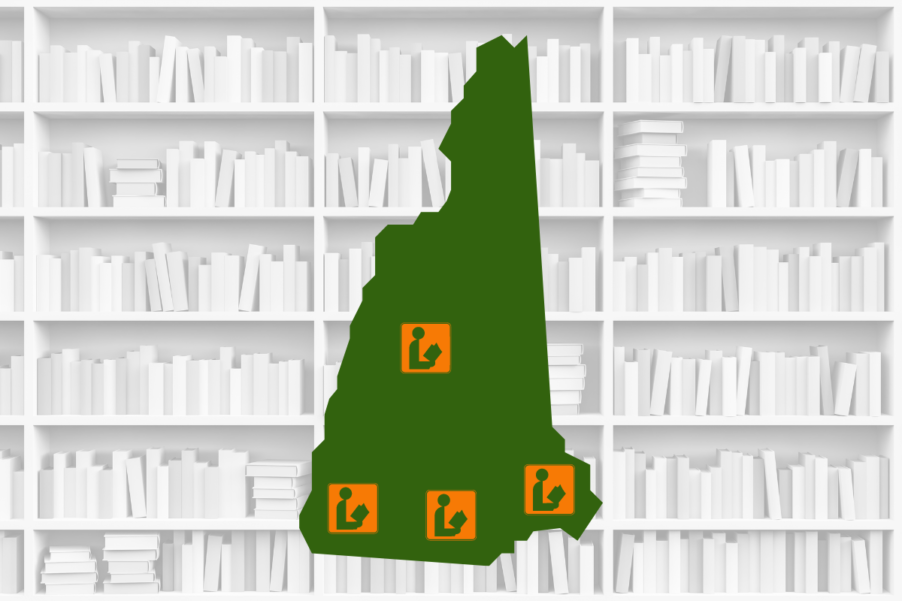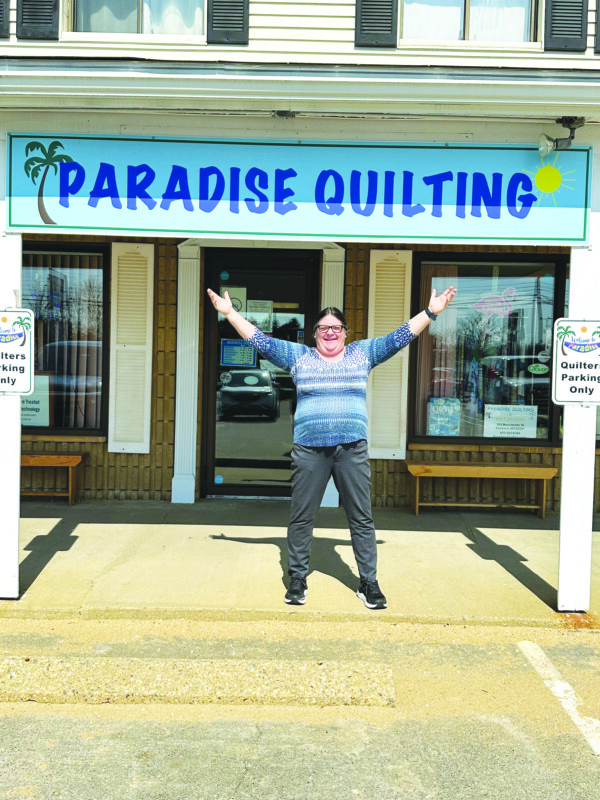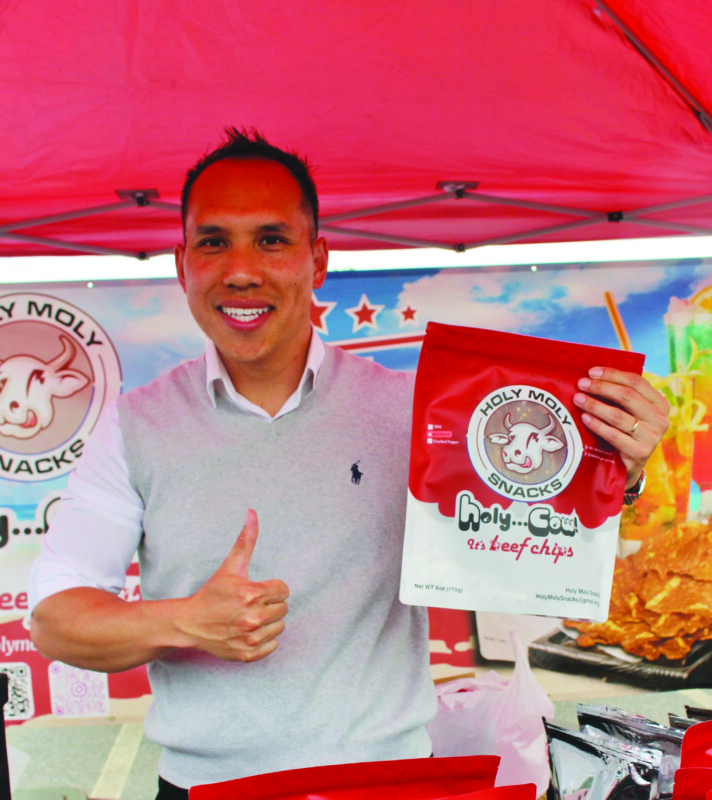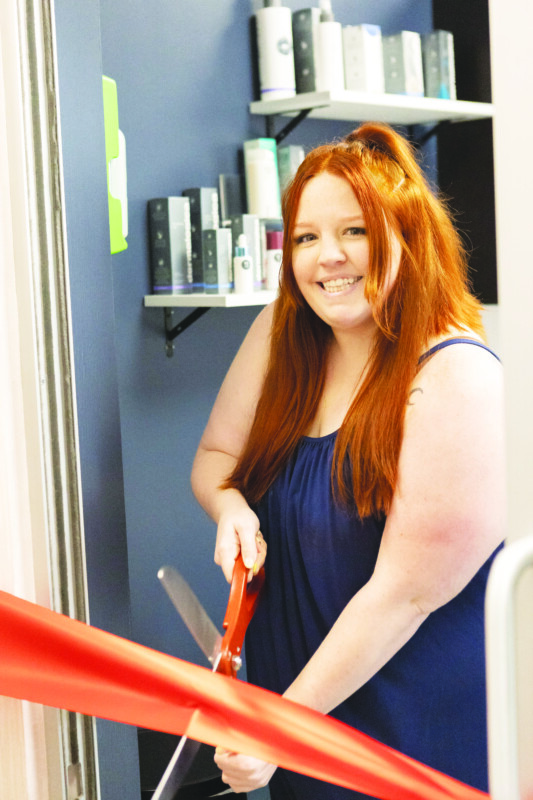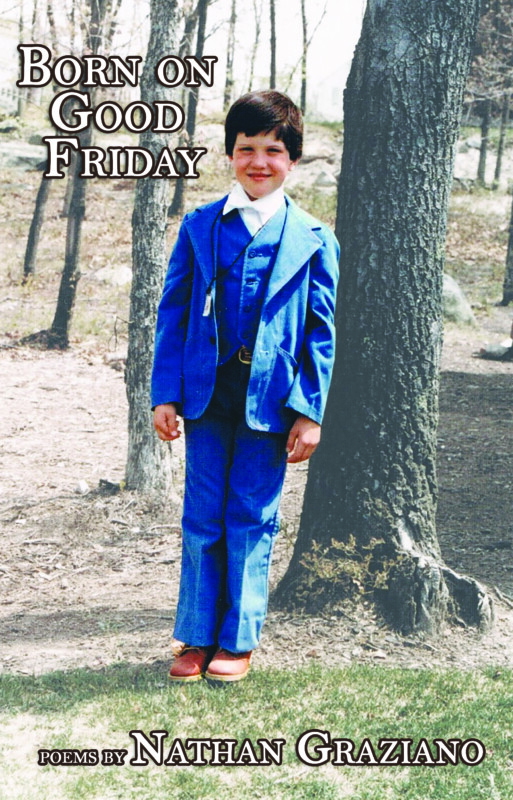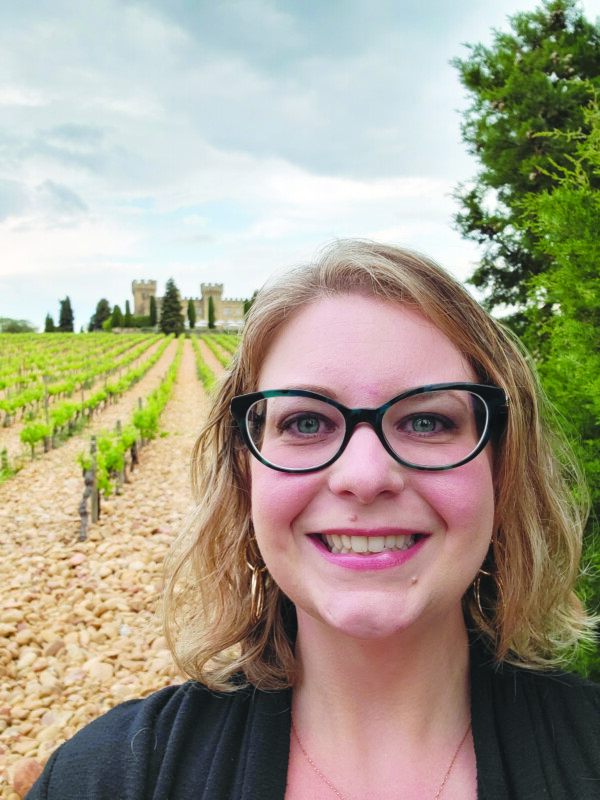Telemonitoring patients at home
Granite VNA, New Hampshire’s leading home health care provider, has launched a telemonitoring program for patients with chronic illnesses. Leveraging advanced tech tools, the program aims to empower patients to proactively monitor their vital signs. Suzanne Olszak, RN, who has more than 30 years of experience in home health care and manages the program, discussed its impact, benefits and future.
Can you provide an overview of your program and its significance in the context of home health care?
We operate a telemonitoring program at Granite VNA, having launched it almost a year ago in October. With my 30 years in home care and a decade in telemonitoring with other agencies, this new program encompasses 50 telemonitoring units. … We provide these patients with a tablet, scale, blood pressure cuff and pulse oximeter for home use. They’re trained to daily monitor and record their weight, blood pressure and oxygen levels. The tablets, equipped with Bluetooth, transmit this data directly to our telemonitoring nurse’s computer. This allows for immediate tracking, enabling us to detect any detrimental trends. … Typically, we monitor patients for approximately 60 days. … If any alarming trends emerge, we communicate with both the patient and their health care providers to proactively intervene and adjust their care plan, to prevent potential hospitalizations.
Who is this program specifically designed to serve and support?
Our focus is on high-risk patients with chronic diseases such as congestive heart failure (CHF), COPD, and high blood pressure, particularly those with medication changes or frequent rehospitalizations. … We solely cater to patients from Granite VNA who have been recommended for skilled nursing or physical therapy. This telemonitoring service complements the assistance provided by their home care nurses and therapists.
What is the primary purpose and intended outcome of this program for high-risk patients?
Our goal is twofold: reduce hospitalizations and empower patients to be more engaged and informed about their health. … The objective is to instill in these high-risk patients — CHF, hypertension, COPD patients — the significance of daily vitals monitoring. We educate them about diet and the critical aspects of their specific condition. Ultimately, we want patients to become autonomous in managing their health, particularly in identifying when they need medical attention. … Our hope is that with this knowledge and monitoring, patients can become more proactive and independent in managing their conditions.
How are the patients adapting to using this technology?
Many patients initially feel nervous about using the new technology, primarily because the majority of our users are elderly. However, they adapt surprisingly well. We provide hands-on guidance, having them practice while we’re present in their homes. The process is relatively simple for most — stepping on a scale or using a pulse oximeter. The biggest challenge tends to be the blood pressure cuff, as it requires positioning the arm correctly and tightening the loop, but we’ve designed it to be as user-friendly as possible.
Does this program help in freeing up time for the nurses?
Absolutely, it does. Instead of requiring multiple weekly visits for nurses to see a patient, the frequency can be reduced to once a week or even every other week. This is possible because a nurse constantly monitors the vitals, and this data is transferred to the patient’s matrix care chart, which is their home care record. … Additionally, patients appreciate this setup since they don’t have to always wait for a nurse to visit, yet they’re reassured that someone is monitoring their vitals throughout the program duration.
Do you plan to extend the program to other medical conditions or broaden its reach in any way?
The decision is primarily made on a case-by-case basis. If a nurse reaches out to me about a patient with a complex situation whom they believe would benefit from this technology, I’m fully on board with setting it up in their home.
Featured photo: UNH system libraries are located in Manchester, Durham, Keene and Plymouth. Courtesy graphic.

